Why Does Land Rover Compete in a Boat Race?

It’s pretty obvious why Subaru would sponsor a rally team and it’s only natural when Mercedes races in F1, but Land Rover competing in a boat race might at first glance seem to make as much sense as NASA backing a body building competition.
But as far as partnerships in the automotive sphere go, the link between Land Rover and competitive sailing actually makes a ton of sense.
A Bit of Background
For this year’s competition in Bermuda, Land Rover and sailing superstar Sir Ben Ainslie joined forces to create a brand new team to compete in the 35th America’s Cup, which at 166 years old, is the world’s oldest sporting trophy. Referred to as “The Greatest Race on Water,” many say that the America’s Cup is what would happen if F1 was held at sea — both races involve high speeds, the best technology the industry has to offer, intense rivalries, a lot of drama, and high stakes.
Despite its first ever race in 1851 being organized by Brits and held in the U.K., a British team has never won a race — the Americans have won every single race in history except for when an Australian team won once in 1983. Prince William, Catherine, Duchess of Cambridge, and the Royal Family have personally expressed their great interest in bringing the trophy to the U.K. for the first time, so, you know, no pressure or anything…
This partnership goes far beyond a simple sponsorship, hashtag, or branding exercise, though. Land Rover and BAR (Ben Ainslie Racing) are innovation partners — the toughest and fastest race on water needs the best technology, design, and engineering to be won.
“This is the pinnacle of sailing,” said Martin Whitmarsh, the CEO of Land Rover BAR who comes to sailing after a long career in F1, during a pre-race briefing in Bermuda. “So these are the most technologically advanced boats in the world, the best sailors in the world, and the strongest sailing teams in the world,” he said. “Land Rover brings to us a breadth and depth of engineering knowledge that really makes us stronger.”
Sharing Technology
The race has changed dramatically in the past 10 years because technology is progressing incredibly quickly, which makes the race faster and more intense.
“If you were to compare the progression of development of these boats over the past 10 years to the automotive industry, cars would now be breaking the speed of sound,” said Dirk Kramers, head of Land Rover BAR engineering.
During early races, the Land Rover BAR boat was recording speeds of nearly 56 mph (90 km/h) and the reason it can go that fast is by “flying,” which is a recent development that made the race faster than it has ever been. The boats are now able to lift themselves out of the water so that less surface area is being dragged through the water, which is much more difficult to move through than air; the more time a boat can spend flying in the air, the faster it can sail, and the more likely the team is to win the race.
“There are three areas that Land Rover engineers are directly involved in,” explains Ian Anderton, head of aerodynamics at Jaguar Land Rover — machine learning and artificial intelligence, human-machine interface systems, and aerodynamics and performance predictions.
Understanding the aerodynamics of the sail, which is the “powerhouse of the boat,” Anderton says, “allows us to understand how to exactly optimize that structure” to help the boat be faster and more efficient.
“It’s about taking data off the boat and understanding that data and being able to interpret what’s actually going on to look for performance gains,” Anderton says. For sailing, this is done in the same way that engineers test cars in the research and development stage — massive amounts of data gathered from sensors are logged during test runs and such, then algorithms are developed and deployed to make sense out of complicated data for very tangible takeaways on how to improve.
ALSO SEE: 2017 Land Rover Discovery Review
What the engineers have learned in the past two years about aerodynamics by working on the boat and the software they developed for doing so is already being applied directly to research for Land Rover’s SUVs. “We’ve taken exactly that learning and begun to apply it to our vehicles,” Anderton says.
“Cars push their way through the air the same way a boat does,” he says, adding that as sails move through the wind, they change shape and deform, which affects their aerodynamic properties. “Like sails on a boat, we’re looking at a car’s body panels,” he says, explaining that if they can understand how a car’s body panels change while pushing through the wind, they can use that to make the cars more efficient, all without wasting time building prototypes — they are now able to use data to make more realistic computer simulations, which wasn’t available to the team in this scope before BAR.
“What that means is I can take weight out of the car because I can take stiffness out of body panels where I don’t need it and I can put it back in where I realize that I do. I wasn’t able to do that before without being able to look at these aerodynamic simulations that we’ve now got,” Anderton says, adding that these methods were previously unavailable to them. “We never had the ability go and develop that tool and that method because we were too busy making a car, and this has given us this platform to develop something advanced like this and use it now.”
Anderton believes this is a huge competitive advantage over Land Rover’s automotive and sailing competition, as he doesn’t think other teams and automakers are using this technology in the same way they are.
ALSO SEE: Jaguar Land Rover is the Latest to Patent an Active Aero System
In short, the more data Land Rover can gather and the more thoroughly and efficiently they can analyze it, the more they are able to build a stronger database of information, which will then lead to more intelligent technology in its cars.
The Right Audience and Lifestyle
Sailing is obviously a sport that appeals to folks of a certain income bracket, and besides being a popular choice for towing boats and other watercraft, Land Rover has always been known as a luxury brand. By aligning Land Rover with sailing and, in particular, a race with one of the world’s most prestigious brands in its name, the Louis Vuitton America’s Cup, Land Rover’s value as a luxury brand is cemented even more.
But Anna Chambers, who is in charge of Land Rover sponsorships, says this program goes beyond just putting their logo on everything. “If you look at the demographics for this race, it’s an obvious partnership for us, but it’s really about our ethos, which is going Above and Beyond,” she explains. As an iconic British brand known for being able to take people anywhere, Chambers says there is no better brand than Land Rover to back a team hoping to conquer a grueling sailing race and bring the coveted trophy to Great Britain for the first time ever.
Land Rover’s Above and Beyond tagline speaks to the brand’s off-road capabilities and ability to conquer extreme environments, and as the toughest race on water, the ties are obvious. There is also a lot of Union Jack pride and patriotism going on here — a win for the team means a win for the entire United Kingdom.
Although competitive sailing is traditionally a very posh sport that appeals to an older and admittedly stuffy demographic, the seeds are being planted (or sails being repositioned, if you will) to make the America’s Cup more accessible and more interesting to younger people, so the sport is going through a period of extreme change, not unlike Land Rover, which is currently experiencing an era of growth and engineering.
Those changes include high-production value televised races, revised rules, tighter race schedules, and building teams of young and wildly handsome rockstars of the sailing world, which along with faster and more advanced boats will hopefully combine to make the race more exciting for more people.
End of the Race, Beginning of a Journey
Land Rover BAR was unfortunately eliminated in the semi-finals (sorry, Kate and Will), but for the team’s very first attempt at the America’s Cup, this should be considered a huge success. The drive to win is stronger than ever after the Bermuda race and Land Rover has even committed to partnering with BAR for another attempt to win the 36th America’s Cup.
And now that they’ve figured out how to make boats fly, maybe they can start making flying cars a reality, too.
Discuss this story on our Land Rover Forum

Jodi has been obsessed with cars since she was little and has been an automotive journalist for the past 12 years. She has a Bachelor of Journalism from Ryerson University in Toronto, is a member of the Automobile Journalists Association of Canada (AJAC), and a jury member for the prestigious North American Car/Truck/Utility Vehicle of the Year (NACTOY). Besides hosting videos, and writing news, reviews and features, Jodi is the Editor-in-Chief of AutoGuide.com and takes care of the site's day-to-day operations.
More by Jodi Lai



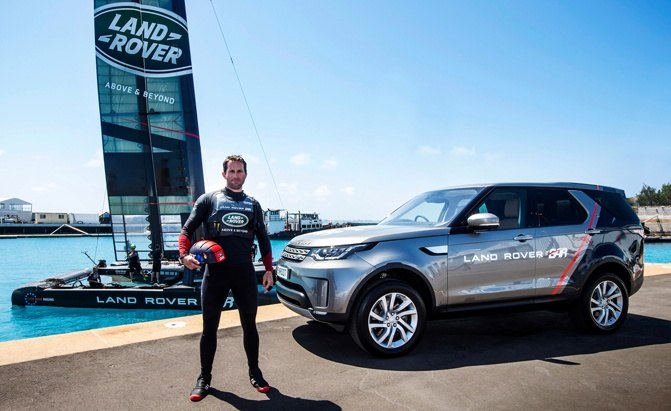




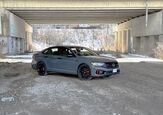
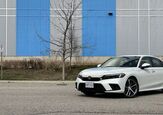
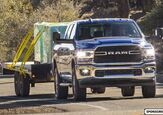
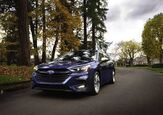







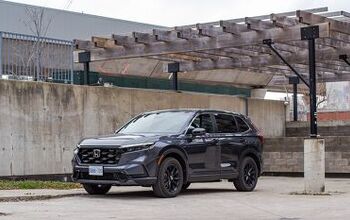


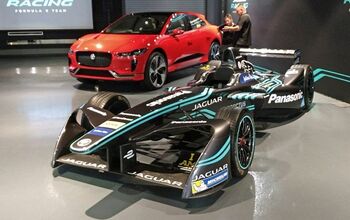
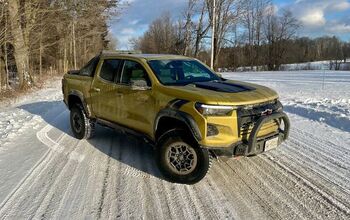
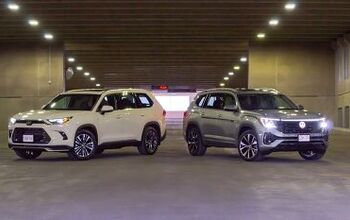
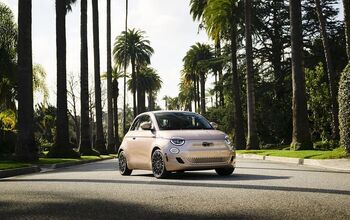

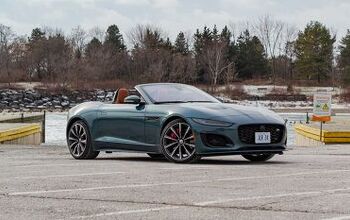
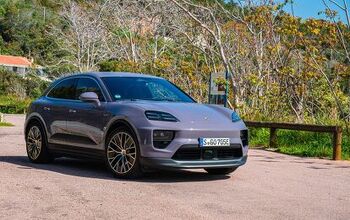
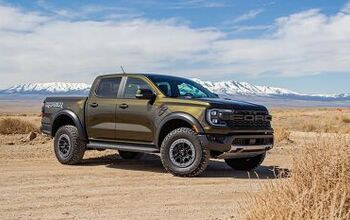
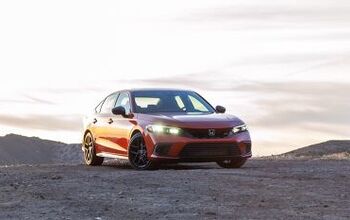
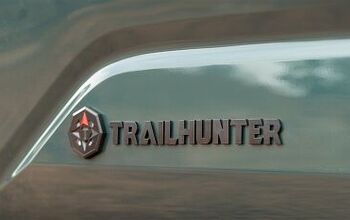
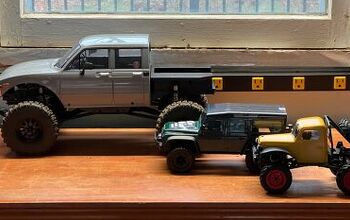

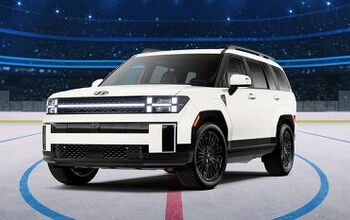
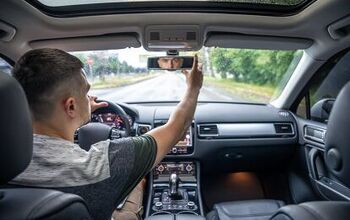
Comments
Join the conversation
"the Americans have won every single race in history except for when an Australian team won once in 1983" Seriously!!!!? I'm thinking there'll be some pretty upset New Zealand & Swiss sailors reading that.....